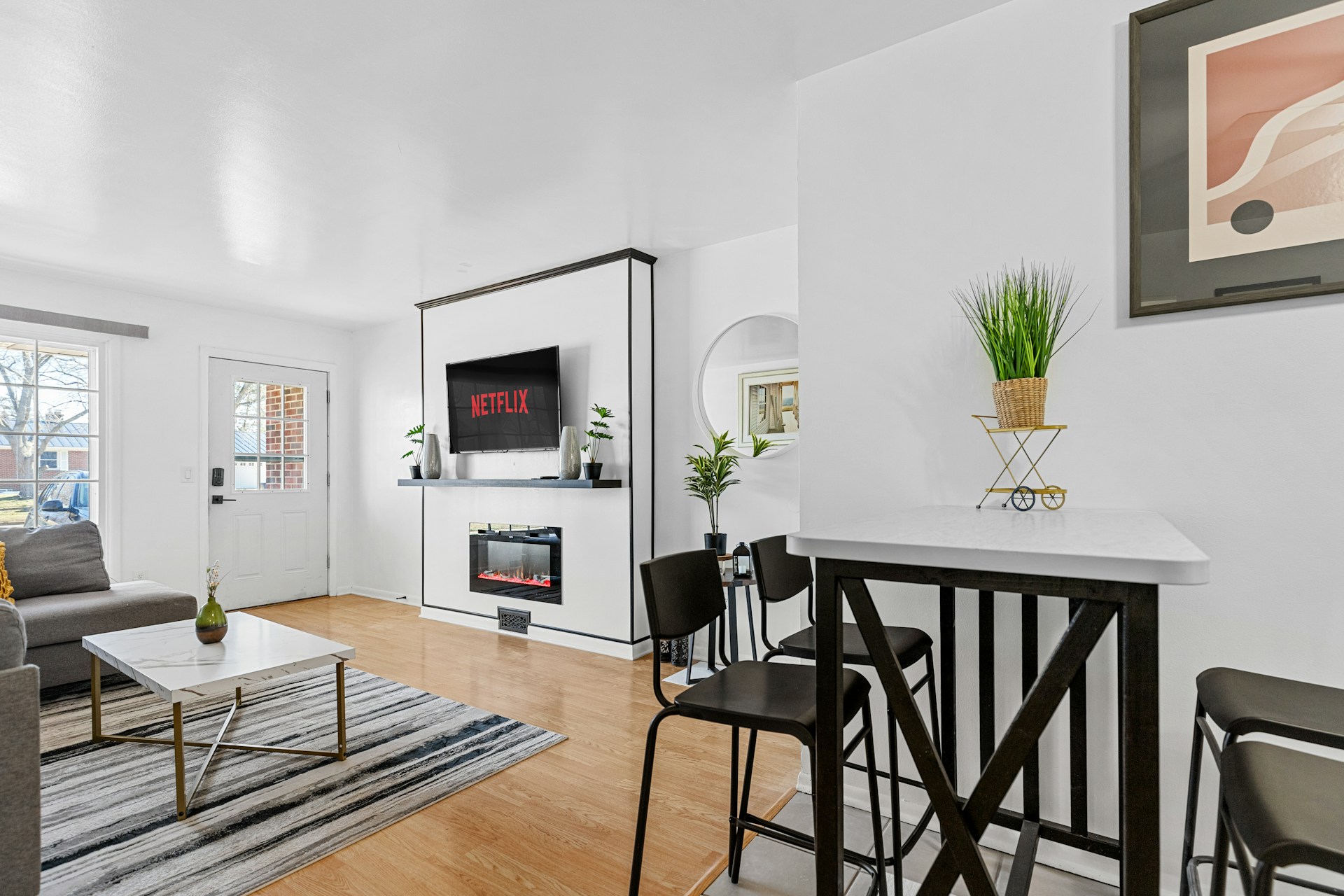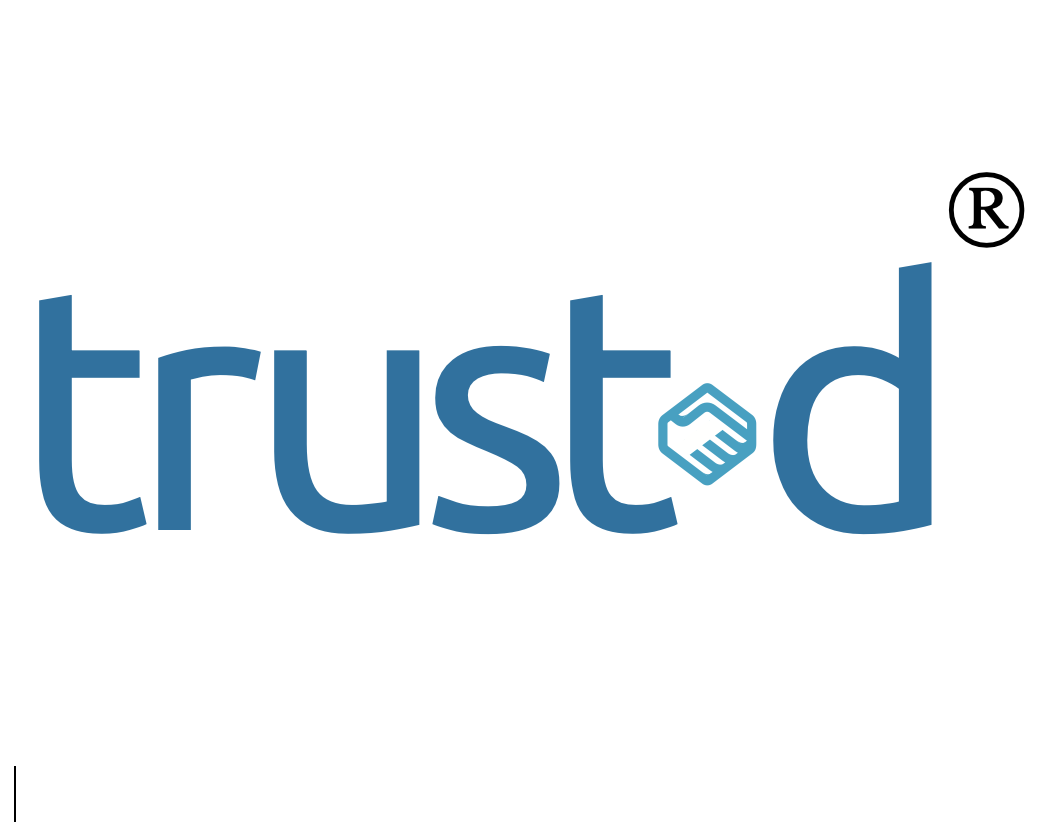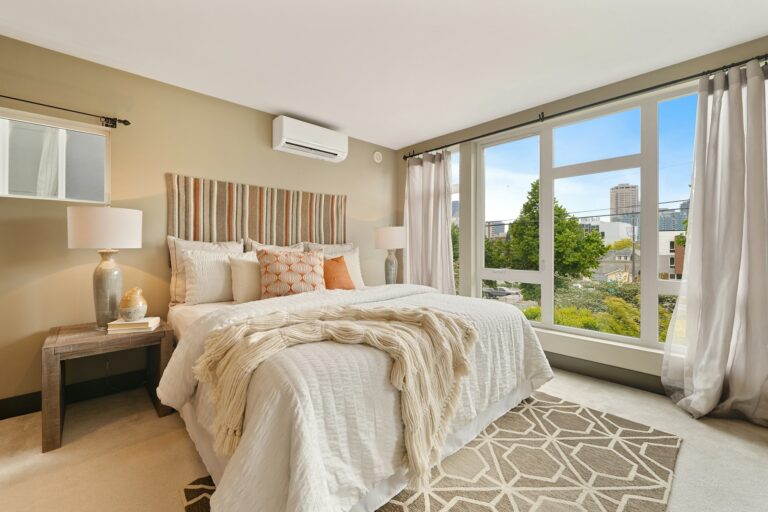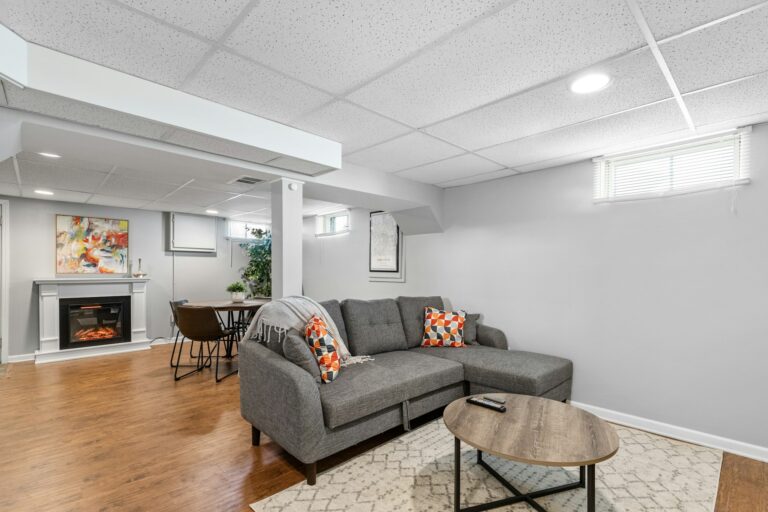Looking Beyond the AirBnB Regulation on Indoor Camera Ban

I do not think we had enough discussions on AirBnB policy on banning indoor cameras “in common areas of listings, such as hallways and living rooms, as long as they were disclosed on the listing page before booking, clearly visible and were not located in spaces like sleeping areas and bathrooms”. Here is full policy: (https://news.airbnb.com/an-update-on-our-policy-on-security-cameras/).
As I stated in PhocusWire article covering the policy impact (https://www.phocuswire.com/Airbnb-STR-sector-balance-host-security-guest-privacy), this regulation came late to me, and “no-indoor camera” policy was already a sector practice. My view here is that the Guests book because they expect the same privacy as in their home when they make a reservation, and they should be granted this privilege.
But here is the question we have not answered: Did the AirBnB ban restore the “GUEST TRUST” issue that all Vacation Home Rental Owners/Property Managers have been waiting for? What happens in other listing channels, such as VRBO, Direct Bookings, Booking.com, Expedia, etc.?
The AirBnB regulation fixed the “privacy” issue in guest side. However, in Hosts side, we still have many problems of unruly guests, party houses, damage claims, neighbor disturbances, chargebacks, or frauds in Short Term Rentals.
These problems are deeper, and they need more than platform regulations, guest screening, or ID verifications.
Taking a high-level perspective, data suggests that virtually all problems in Short-Term Rentals occur with guests who have passed ID verifications and guest screening processes.
Therefore, no matter what platform policies are published, and no matter how thorough guest screening processes are applied, it seems that this problem will not disappear unless we change our approach to addressing it. Our fragmented ecosystem of multiple booking channels, channel managers, property management systems, direct bookings etc., makes this problem even more challenging.
However, a solution is possible. We at trustd.ai have been looking at the problem in a unique and different way. To us, the root cause of the problem is NOT the lack of guest screening, and NOT the fragmented booking ecosystem. With some exceptions, data suggests that consumers exhibit distinct behaviors towards goods or services when they rent them as opposed to when they own them. The key word here is “Behavior” and it is the root cause of the problem.
At trustd.ai, our trust metric is based on “behavior”. It is more than guest screening and more than ID verification. It truly focuses on the essence of the problem during service exchange. In short term rental, the service exchange starts when the reservation is made, and continues towards the check-out process. During this period, trustd.ai analyzes the data using its proprietary AI technology, and generates a metric for the entire booking ecosystem, regardless of fragmented structure.
Our sector needs a global, platform independent, privacy compliant metric that can be applied to all property management companies of any size. If you are a beginner host with one property, or if you are an enterprise property manager with 1000+ property, you should be entitled to having the peace of mind about your guests. This is exactly what you are getting from trustd.ai.
Contact us at [email protected] to adapt this future technology and become a member of this community.




